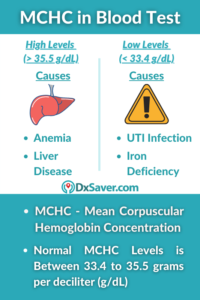Dealing with persistent digestive distress, marked by symptoms like bad diarrhea, nausea, and stomach pain, can be not only uncomfortable but concerning. While there can be various underlying reasons for these symptoms, it’s essential to delve into why they occur and when seeking medical attention becomes crucial.

Possible Causes
- Gastrointestinal Infections: Bacterial, viral, or parasitic infections can lead to symptoms like diarrhea, nausea, and stomach pain. Contaminated food or water is often the source of these infections.
- Food Poisoning: Consuming contaminated or spoiled food can result in food poisoning, causing symptoms such as nausea, vomiting, diarrhea, and stomach discomfort.
- Gastroenteritis: Often referred to as the stomach flu, this condition is characterized by inflammation of the stomach and intestines, leading to symptoms like diarrhea and nausea.
- Digestive Disorders: Conditions like irritable bowel syndrome (IBS) and inflammatory bowel disease (IBD) can cause chronic digestive symptoms, including diarrhea and abdominal pain.
- Medication Side Effects: Certain medications or supplements can trigger gastrointestinal upset, leading to symptoms like nausea, diarrhea, and stomach discomfort.
- Anxiety and Stress: Emotional stress can impact the digestive system, causing symptoms like nausea and stomach pain.
- Gastroesophageal Reflux Disease (GERD): Acid reflux can result in stomach discomfort, nausea, and occasionally diarrhea.
When to Seek Medical Attention
While occasional digestive disturbances may resolve on their own, persistent symptoms warrant medical evaluation. Seek medical attention if:
- Symptoms Persist: If diarrhea, nausea, and stomach pain continue for more than a few days, consulting a healthcare professional is advised.
- Dehydration: Diarrhea and vomiting can lead to dehydration, which requires medical intervention.
- Blood in Stool: The presence of blood in the stool or dark, tarry stools could indicate a more serious issue and should be evaluated by a doctor.
- Fever: If fever accompanies your symptoms, it may indicate an infection that requires medical attention.
- Severe Pain: Intense or worsening abdominal pain should be assessed promptly to rule out serious conditions.
Experiencing persistent symptoms like bad diarrhea, nausea, and stomach pain can be concerning and disruptive to daily life. While various factors can contribute to these symptoms, it’s important not to ignore them. Seeking medical evaluation ensures proper diagnosis and treatment. If you or someone you know is dealing with these symptoms, consulting a healthcare professional is a crucial step towards finding relief and maintaining optimal digestive health.
As an Amazon Associate we earn from qualifying purchases through some links in our articles.




